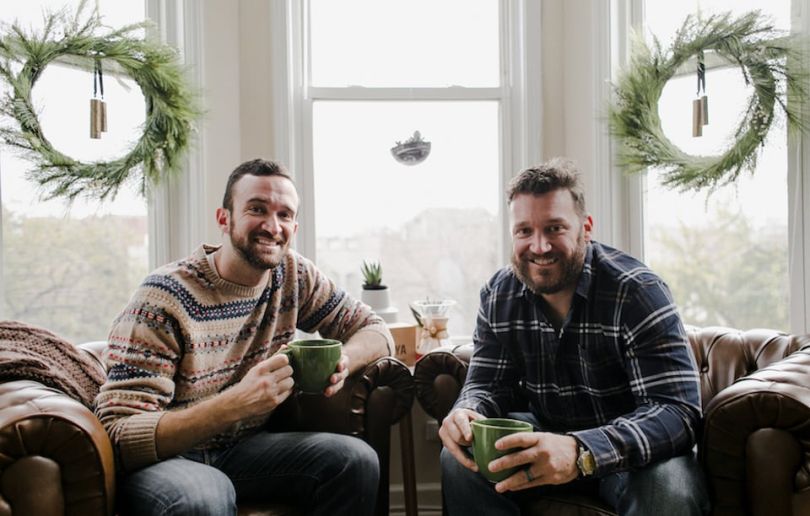
Coffee — the thing so many of us cannot live without. When it’s good, it’s really good. But even when it’s bad, it’s still good, because it’s coffee, and we need it.
But for those looking to step up their coffee game, picking the best — and freshest — option can be harder than it sounds. That’s where Javaya hopes to step in.
The company, founded by Jasen Holley and Nick Selman, partners with roasters of small-batch craft coffee around the country to facilitate the delivery of fresh bags of the morning elixir to consumers’ doorsteps.
We’re operating a digital shelf, and roasters are only producing what we’ve pre-sold.”
“At the core of it, we’re a pretty simple e-commerce platform,” said Selman. “On the back end, as customers are placing orders, we’re aggregating everything into one database, then organizing everything by roasting date. It’s almost like we’re operating a digital warehouse or demand planning platform.”
Javaya offers around 150 flavors and counting, with filters (no pun intended) ranging from the simple, like roast level, to more esoteric factors like what altitude the beans were grown at. Once a bag is purchased and a ship date is chosen, Javaya notifies the roasters, who get to work on preparing a batch and sending it to the consumer.
The idea is to keep the coffee from being bagged until it’s guaranteed to reach the intended caffeine fiend with its full flavor in effect.
“A good craft coffee hits peak freshness between day three and 14 days after it’s been roasted,” said Selman. “Within that coffee window is when it tastes the best, and all roasters would agree that they prefer customers order and enjoy their product in that time.”

Selman said Javaya was born out of frustration with the grocery store model that keeps coffee on shelves weeks and months past its optimal freshness. The company’s method of on-demand production and distribution provides consumers with the niche product they desire, while roasters avoid coffee that goes unsold from their small batches.
“Today, roasters have to predict what they think customers are going to want to buy and a lot of coffee goes to waste,” he said. “We’re operating a digital shelf, and roasters are only producing what we’ve pre-sold.”
Upcoming platform developments will be focused on making that digital shelf more accessible and informative for those brewing their first cups of craft coffee, while still keeping things weird enough for the connoisseurs. Getting bourbon barrel-aged coffee that tastes fresh out of the cask may never have been easier.




